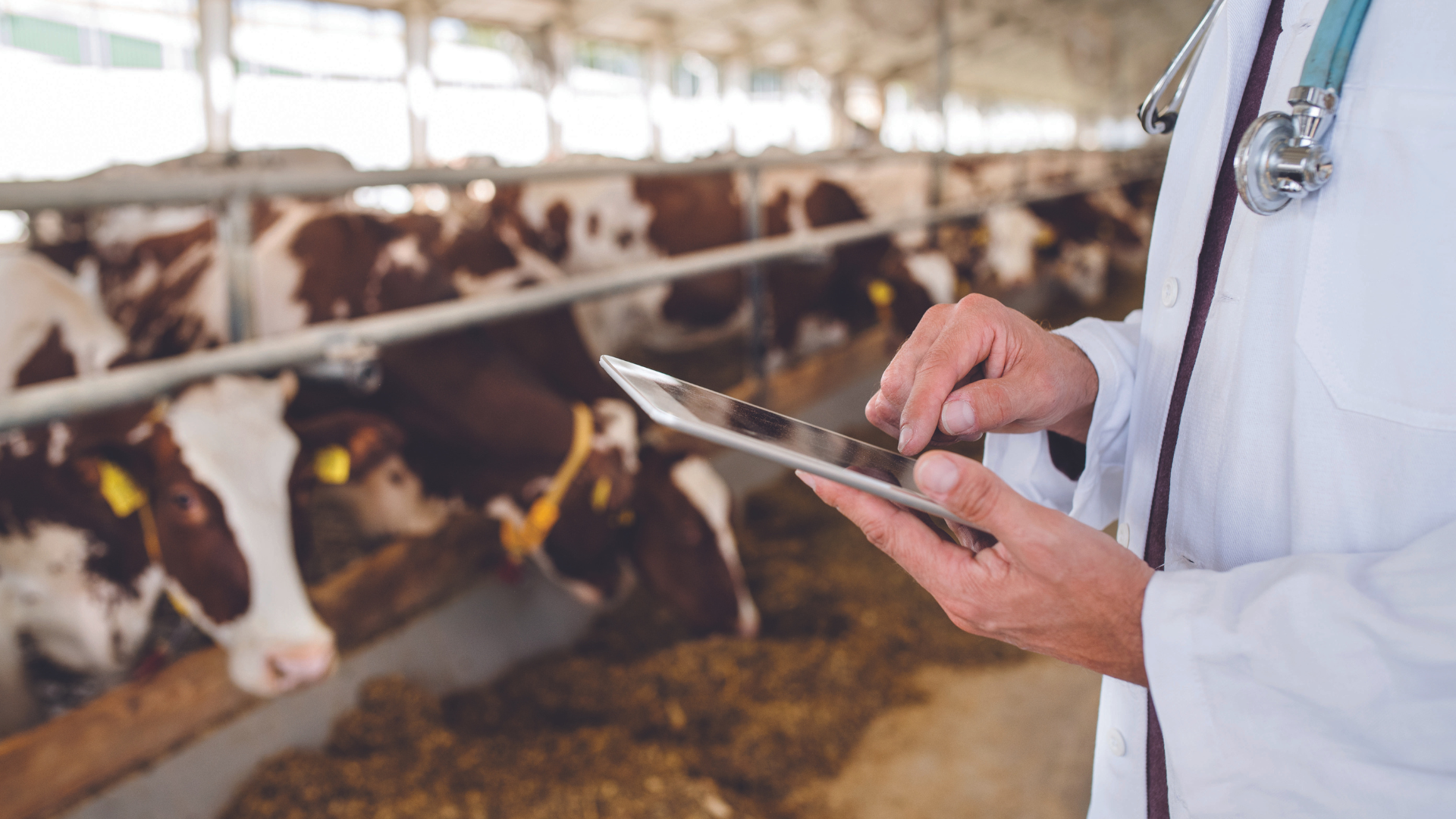
In today’s digital age, data has become a cornerstone of decision-making across numerous industries, and the veterinary industry is no exception.
Practice data holds huge potential for improving operational efficiency and driving the growth of veterinary practices. Data collection, management and analysis are pivotal in enhancing the quality of care and although potentially daunting, should not be overlooked.
The importance of practice data in veterinary medicine cannot be overstated and central to this is the use of a Practice Management System (PMS). A robust PMS collates data and seamlessly integrates various aspects of veterinary practice into one cohesive system. From patient health records to inventory management and financial performance, data permeates every aspect of a veterinary practice.
By leveraging a PMS, veterinary practices can systematically capture, store, and analyse vast amounts of data, turning everyday operations into valuable insights that lead to better decision-making and improved outcomes for both animals and their owners.
Enhancing patient care
One of the primary benefits of analysing practice data is the enhancement of patient care. Detailed health records allow vets to track the health history of their patients, identify trends, and predict potential health issues before they become critical. A PMS simplifies this process by maintaining comprehensive, easily accessible patient records, enabling more personalised and proactive care.
Data analytics also supports best practice. It is possible to ascertain which team members excel at specific procedures, and where this knowledge can be shared. Trends and patterns in patients’ diagnoses can also be identified, to keep on top of emerging threats to animal health and improve patient outcomes.
Streamlining operations and inventory management
Operational efficiency is another critical area where data analysis proves invaluable. Veterinary practices can streamline their operations by examining data on appointment scheduling, treatment times, and resource utilisation. This not only reduces wait times for clients but also ensures that the practice runs smoothly and efficiently. For example, analysing appointment data can help identify peak times, allowing practices to allocate staff more effectively and reduce bottlenecks.
Evaluating factors such as overall revenue, new client acquisition and the number of elective procedures each month also provides valuable information about the financial health of the practice. With such insights, appropriate changes can be made if necessary to increase productivity.
Inventory can make up some of the largest expenses for a veterinary practice, so it is essential to oversee inventory management in the most effective and efficient way possible. Inventory management is often challenging and benefits significantly from data analysis. A PMS can track stock levels, usage patterns, and order histories, ensuring that the clinic is never overstocked or understocked. By maintaining optimal inventory levels, practices can reduce waste, lower costs, and ensure that essential supplies are always available.
Financial performance
Financial performance is a vital aspect of any business, and veterinary practices are no different. By scrutinising financial data, practices can identify revenue trends, manage expenses more effectively, and uncover opportunities for growth. For instance, understanding which services are most profitable can help practices focus their marketing efforts and resources on these areas, driving profitability. A PMS can generate detailed financial reports, offering insights into billing, expenses, and revenue streams, thus empowering practices to make informed financial decisions.
Enhancing client experience
Data analysis can also enhance client communication and satisfaction. By tracking client interactions and feedback, practices can identify areas for improvement and tailor their services to better meet client needs. This could involve anything from adjusting communication methods to offering new services that clients have expressed an interest in.
A PMS can facilitate efficient communication by integrating appointment reminders, follow-up messages, and feedback collection, thereby improving the overall client experience.
The prospect of analysing data can feel daunting. Being unaware of the reports that can be run on a PMS system, not knowing what information you are looking for, or lacking in time are all barriers to maximising practice data. But as the world becomes more digital, evidence suggests that businesses that use customer analytics – such as those acquired through PMS reports – are 19 times more likely to outperform competitors in profitability.
Data is the new business currency and the most valuable asset. It never becomes obsolete, is consistently changing, and there is always something that can be learnt from it. There is no need to ignore data, and, thankfully, data collection and analysis doesn’t need to be as intimidating as one thought.
Learn more…
To learn more about the power of practice data you can access our free e-book “Harnessing data for practice success”
It provides an overview and guide on how to harness the power of practice data using a PMS. From consumer buying behaviour to tailoring functionality to practical discipline, it covers everything veterinary professionals need to know to transform raw data into actionable insights. With examples and practical tips this e-book is an essential tool for any veterinary practice looking to thrive in the modern era.
Click on the front cover below to read the guide.
The article was originally posted in The Cube magazine, October 2024 issue. Click here to read the magazine.





